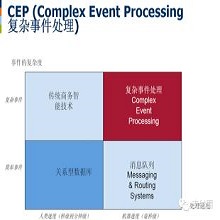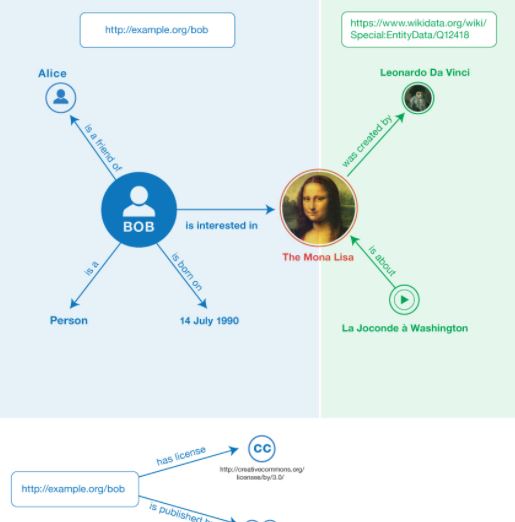Timely detection of critical health conditions remains a major challenge in public health analytics, especially in Big Data environments characterized by high volume, rapid velocity, and diverse variety of clinical data. This study presents an ontology-enabled real-time analytics framework that integrates Complex Event Processing (CEP) and Large Language Models (LLMs) to enable intelligent health event detection and semantic reasoning over heterogeneous, high-velocity health data streams. The architecture leverages the Basic Formal Ontology (BFO) and Semantic Web Rule Language (SWRL) to model diagnostic rules and domain knowledge. Patient data is ingested and processed using Apache Kafka and Spark Streaming, where CEP engines detect clinically significant event patterns. LLMs support adaptive reasoning, event interpretation, and ontology refinement. Clinical information is semantically structured as Resource Description Framework (RDF) triples in Graph DB, enabling SPARQL-based querying and knowledge-driven decision support. The framework is evaluated using a dataset of 1,000 Tuberculosis (TB) patients as a use case, demonstrating low-latency event detection, scalable reasoning, and high model performance (in terms of precision, recall, and F1-score). These results validate the system's potential for generalizable, real-time health analytics in complex Big Data scenarios.
翻译:暂无翻译




